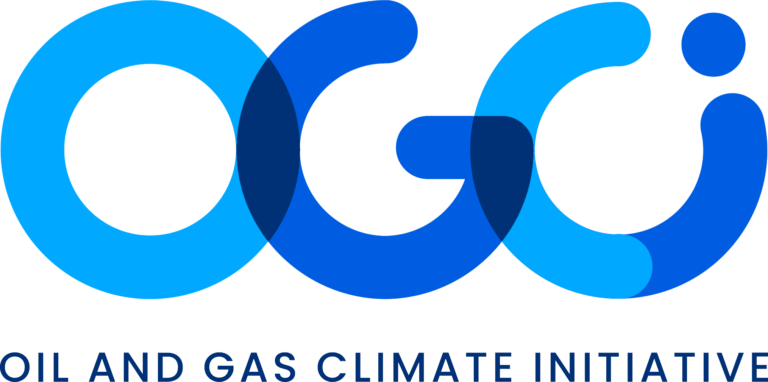LONDON, 13 March, 2025: To support the international shipping sector’s decarbonization goals, the Oil and Gas Climate Initiative (OGCI), in collaboration with Argus Media, on Thursday released an updated study assessing the global availability of biomass for marine fuel through to 2050.
The study aims to inform the industry’s ongoing efforts to meet the International Maritime Organization’s (IMO) target to achieve net-zero greenhouse gas emissions by 2050.
Biofuels derived from biomass are emerging as a key option to decarbonize the shipping industry. The study evaluates the availability of biomass feedstocks under sustainability criteria, competition with other sectors, and regional legislative frameworks, with a primary focus on the standards set by European regulations.
The findings, which update the 2023 study, show that the global availability of sustainable biomass for biofuel production is expected to reach around 1.8 billion tons in 2025, growing to 3.3 billion tons by 2050.
With the aviation and road transport sectors projected to require 200 million tons of biomass by 2050, the study indicates that a substantial amount of biomass will remain available to support the marine sector’s decarbonization efforts.
“The marine sector has a pivotal role to play in achieving global climate ambitions,” Amy Bason, Deputy Vice President Strategy & Policy, OGCI, said.
“This updated study highlights the growing availability of sustainable biomass and the importance of developing practical, cost-effective solutions to help the marine sector transition to cleaner fuels.”
The study considered a wide range of biomass sources, including woody biomass, agricultural residues, energy crops grown on degraded land, and biowastes. Environmental, social, and geographical filters were applied to ensure the sustainability of the feedstocks. It also examined how other industries use biomass, from construction materials to home heating.
While the results point to strong biomass availability, the study notes that the cost of collecting, processing, and delivering biofuels is an important factor. Technology advancements, local infrastructure, and market demand will influence how much of this potential can be realized.
As the industry navigates its decarbonization journey, OGCI continues to engage with partners and stakeholders to explore and advance viable solutions, including biofuels, to meet ambitious global climate objectives.
To read the full report, click here.
OGCI
- The Oil and Gas Climate Initiative is a CEO-led initiative comprised of 12 of the world’s leading oil and gas companies, producing around 30% of global oil and gas.
- OGCI aims to lead the oil and gas industry’s response to climate change and accelerate action towards a net zero emissions future consistent with the timeframe of the Paris Agreement.
- Since 2017, OGCI’s member companies have collectively reduced upstream operated methane emissions and routine flaring by more than 50%, invested nearly $100 billion in low-carbon technologies and shared best practices across the industry and other sectors to accelerate emissions reductions.
- OGCI’s members are Aramco, bp, Chevron, CNPC, Eni, Equinor, ExxonMobil, Occidental, Petrobras, Repsol, Shell and TotalEnergies.
- Read more about OGCI’s progress in our annual Progress Report.
About Argus Media
Argus is the leading independent provider of market intelligence to the global energy and commodity markets. We offer essential price assessments, news, analytics, consulting services, data science tools and industry conferences to illuminate complex and opaque commodity markets.
Headquartered in London with over 1,400 staff, Argus is an independent media organisation with 30 offices in the world’s principal commodity trading hubs.
Companies, trading firms and governments in 160 countries around the world trust Argus data to make decisions, analyse situations, manage risk, facilitate trading and for long-term planning. Argus prices are used as trusted benchmarks around the world for pricing transportation, commodities and energy.
Founded in 1970, Argus remains a privately held UK-registered company owned by employee shareholders and global growth equity firm General Atlantic.




